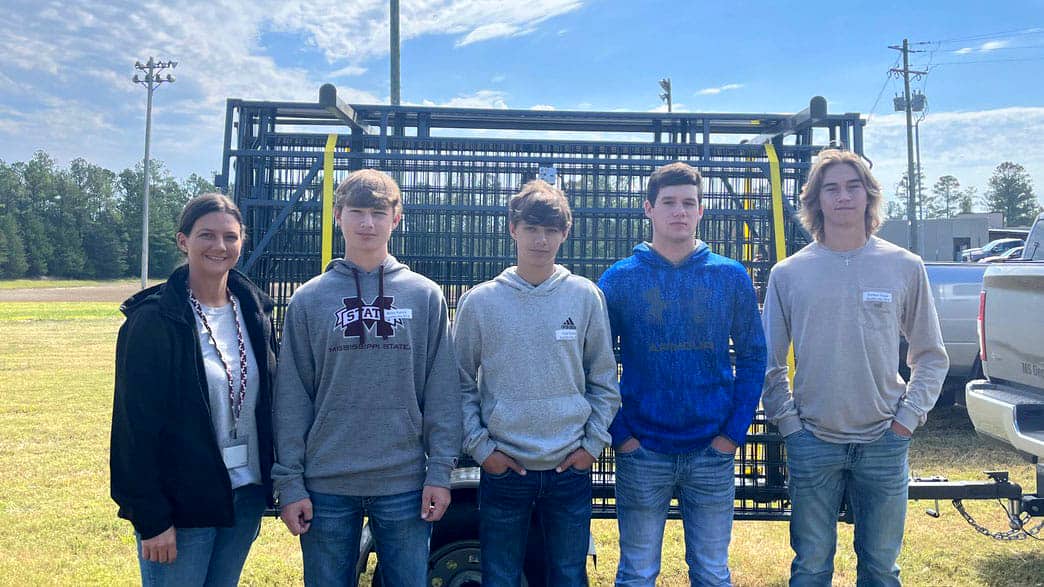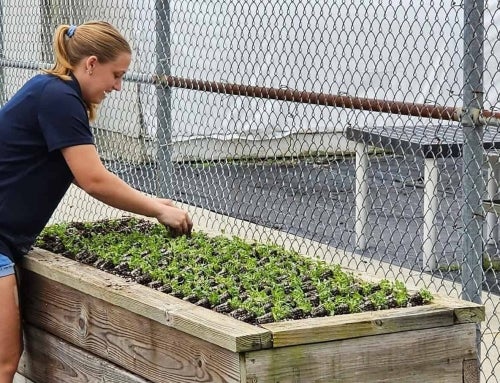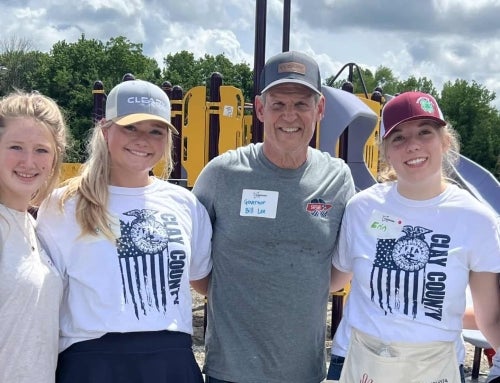Grayson Fears watched as wild hogs decimated peanut crops on his family’s Mississippi farm. When the Smithville FFA member learned his chapter planned to participate in the Wild Hog Control Program (WHCP) Youth Trapping Corps, Fears was excited to get involved. “It’s a good idea that can help farmers,” he says.
According to the U.S. Department of Agriculture, wild hogs are considered an invasive species that damages habitats, transmits disease, disturbs ecosystems and threatens endangered species. Consequently, the WHCP Youth Trapping Corps, a partnership between the Mississippi Department of Agriculture and Commerce, Wildlife Dominion Management LLC and the Mississippi FFA Association, is designed to highlight the importance of wild hog management and address the impact on farms across the state.
Collaborative Communication
As part of the WHCP Youth Trapping Corps, members from 25 participating FFA chapters across Mississippi will learn the basics of trapping feral hogs. In addition to providing an important service to the community, the program also benefits FFA members.
“Communicating with landowners and farmers and getting hands-on experience with trapping hogs will help them learn skills for future jobs,” says Kayla Eaton, Smithville FFA advisor and agriculture teacher. “It also gives our chapter a way to help our community.”
Learning Valuable Skills
A $25,000 federal grant awarded through the program allowed Eaton’s chapter to purchase the trap, and a local farmer offered to let members trap wild hogs on his land. Students at Smithville Attendance Center who participate in the program will also take hunter education courses to learn about safe trapping and wild hog management.
Riley Eaton, Smithville FFA student advisor, believes this experience will teach him skills that will be useful for running his own farm in the future. Chapter reporter J.J. Boozer is also excited to be involved in the WHCP Youth Trapping Corps because assembling the trap requires welding and fabrication — skills he’s always wanted to learn.
“When we graduate, we can pass on these skills and teach other members how to do it,” Boozer says. “It’s something that can keep going in our chapter.”
This program has strong potential to become a fixture for Smithville FFA and the surrounding community. Members hope to set their first trap this fall, and once it’s in the field, they’ll use remote cameras to monitor it and hopefully see results. Although Chapter President Clay Eaton recognizes FFA members can’t solve the ongoing wild hog issue with the WHCP Youth Trapping Corps alone, “We’re sure going to try,” he says.












